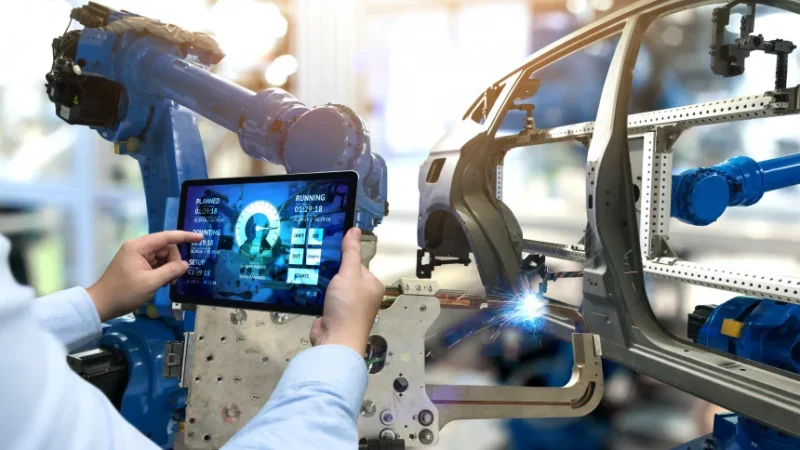Exploring the Engineering Bridge Course: Building a Strong Foundation

One of the top online learning platforms, Skill-Lync, offers various courses to close the knowledge and skill gap in engineering education. We will examine two of their courses—the free Thermodynamics Course and the free Engineering Bridge Course. Learners who complete these courses will have a solid foundation in engineering concepts to help them succeed in their academic and professional ambitions.
Free Engineering Bridge Course: The Free Engineering Bridge Course, provided by Skill-Lync, is an extensive course to ease students’ entry into the engineering sector. The core ideas and concepts covered in this course are crucial for success in engineering fields.
Outline Course: The Engineering Bridge Course contains several subjects, such as mathematics, physics, chemistry, mechanics, and engineering graphics. It seeks to improve students’ comprehension of fundamental engineering concepts while filling knowledge gaps.
Practical tasks and Projects: The course includes tasks and projects that provide students with practical training. To address actual engineering issues, students put their knowledge to use, thereby forming their mastery of the course’s ideas.
Advantages of the Course:
Strong Foundation: The free Engineering Bridge Course establishes a solid foundation in fundamental engineering concepts and gives students the skills they need to succeed in engineering school.
Closing Knowledge Gaps: The course closes knowledge gaps in the fundamentals, enabling students to move quickly into more advanced engineering courses.
Accessibility: Because the course is free, it is open to students from all backgrounds who want to advance their understanding of engineering.
The primary learning goals of the course are:
Improving mathematical abilities: Students improve in calculus, linear algebra, and differential equations.
Investigating basic physics concepts: Topics covered include optics, electromagnetism, and mechanics.
Increasing chemistry knowledge: Students learn more about periodicity, atomic structure, and chemical processes.
Developing engineering graphics expertise: Students become proficient in projection, drawing, and visualisation.
The Free Thermodynamics Course by Skill-Lync focuses on thermodynamics fundamentals and engineering uses. Students who complete this course will have the fundamental knowledge necessary to comprehend and evaluate energy transfer and conversion processes. The free Thermodynamics Course includes thermodynamic cycles, energy analysis, characteristics of pure substances, and applications in engineering systems. The essential ideas of thermodynamics and their real-world applications are well understood in this course. Practical examples, exercises, and simulations throughout the course provide students with experience. Students develop their critical thinking and problem-solving abilities using thermodynamics concepts to analyse and resolve engineering challenges. The Thermodynamics Course offers a strong foundation in thermodynamics, which is essential for many engineering specialities.
Real-World Problems: Learners are prepared for the problems of the natural world by understanding how thermodynamics is used in engineering systems.
Accessible Learning: Because the course is free, students may learn about thermodynamics without worrying about the cost.
The following key learning goals of the course:
Understanding the first, second, and third principles of thermodynamics and their implications is one of the lessons that students will learn.
Examining the characteristics of pure substances: State equations, phase diagrams, and thermodynamic characteristics are presented.
Examining the processes of energy transmission and conversion: Learners are familiar with terms like work, heat, internal energy, enthalpy, and entropy.
Examining thermodynamic cycles: The Carnot, Rankine, and refrigeration cycles are just a few of the processes covered in the course.
Applications in engineering systems: Students explore the real-world uses of thermodynamics in heat exchangers, refrigeration systems, and power plants.
Learners who take the Free Thermodynamics Course and Free Engineering Bridge Course on Skill-Lync will have a solid foundation in engineering fundamentals. These programmes fill a gap in engineering education and give students the tools they need to succeed academically and professionally. By making these courses accessible and encouraging inclusive learning opportunities, Skill-Lync assures accessibility. These courses offer a solid basis for a successful engineering path, whether one wants to enhance their understanding of thermodynamics or increase their engineering core knowledge.






